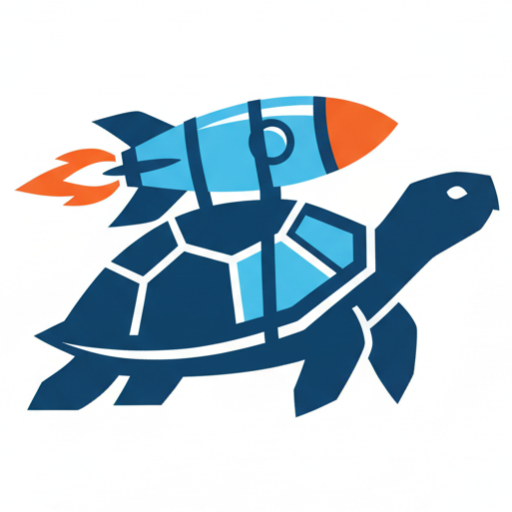
In today’s fast-paced world, productivity is often equated with doing more, working longer hours, and constantly staying busy. But what if everything you’ve been told about productivity is a lie?
Many of us push ourselves to the limit, believing that squeezing in extra tasks and maximizing every minute will lead to success. But in reality, overloading yourself with tasks is actually making you less productive, not more.
The Productivity Myth: More Work = More Output?
The idea that working more equates to better results is a flawed assumption. Studies show that excessive workloads, multitasking, and non-stop hustle culture are killing efficiency rather than improving it.
Here’s why:
- Cognitive Overload Slows You Down – Your brain can only handle so much before decision fatigue sets in, making you slower and less effective.
- Multitasking is a Productivity Killer – Jumping between tasks reduces efficiency by up to 40%, according to research from the American Psychological Association.
- Long Hours Reduce Creativity – Studies indicate that people who work beyond 50 hours per week experience sharp declines in creativity and problem-solving ability.
So why do we keep falling into the trap of doing more instead of doing better?
Why We Keep Believing the Hustle Lie
Society glorifies the “always busy” mentality, making it seem like working long hours is a sign of success. The truth is:
- Being constantly busy feels productive (even if it’s just task-switching and low-impact work).
- Social pressure rewards overwork (bosses, colleagues, and peers admire those who “grind”).
- We mistake effort for impact (spending more hours on a task doesn’t mean it was done well).
If doing more work isn’t the answer, what is?
The Alternative: Smart Work Over Hard Work
True productivity is about maximizing efficiency, focus, and sustainability—not just grinding for the sake of it. Here’s how you can break free from the productivity myth:
1. Cut the Noise: Prioritize Deep Work Over Shallow Work
- Instead of answering every email immediately, block out focused work periods.
- Batch similar tasks together to minimize mental load and distractions.
- Use the Pareto Principle (80/20 rule)—80% of results come from 20% of your most valuable tasks.
🔗 Related: MomentumPath explores how deep work improves focus and efficiency. Read more
2. Redefine Success: Work Smarter, Not Harder
- Measure productivity by impact, not hours worked.
- Eliminate low-value tasks that drain energy without meaningful output.
- Create sustainable work rhythms—using techniques like Pomodoro or time-blocking.
🔗 Related: RemoteWorkHaven dives into balancing remote work efficiency without overworking. Check it out
3. Energy Management is the New Time Management
- Work when your energy levels are highest, not just when your schedule says so.
- Take micro-breaks—research shows they enhance creativity and problem-solving.
- Prioritize movement, hydration, and sleep to boost sustained productivity.
🔗 Related: HealthyForge explores how sleep, hydration, and wellness fuel long-term productivity. Explore it here
Final Thoughts: Less But Better
Productivity isn’t about doing the most—it’s about doing what matters most. The key is to shift from “busy mode” to “impact mode”, focusing on high-value work and sustainable efficiency.
Instead of constantly doing more, start asking: What can I do better, with less effort?
Let’s break the productivity lie together. What’s your biggest struggle with efficiency? Drop a comment or check out our in-depth resources to optimize your work and life!

